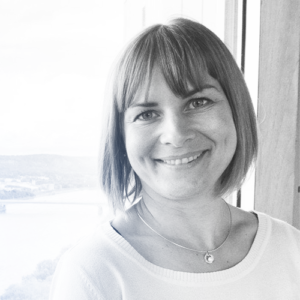Water-related disasters are becoming increasingly complex due to exacerbating environmental and anthropogenic change. To manage this growing risk, e.g. to assure water security of growing populations in the face of climate change or to protect informal dwellers from rising flood levels, a wide range of strategies has been developed. However, the design and implementation of such strategies often work in silos, with little consideration of cross-sectoral interlinkages. Due to the narrow sectoral focus, many sectoral approaches thus fail to strengthen overall resilience.
Therefore, integrative approaches are needed to better address risks and people’s needs, particularly of the most vulnerable. Furthermore, such approaches could seize important coherence benefits that are substantial for achieving the goals of global development agendas like the SDGs, the Sendai Framework and the Paris Agreement. However, to establish cross-sectoral integration various challenges will need to be overcome, including, but not limited to, sectoral budgets, lack of institutional cooperation, established practices, and different underlying concepts with their own definitions. A risk and vulnerability focus would help to overcome these challenges by adding a common understanding and an entry point for various sector interventions.
This session invites contributions pointing the way to integrating climate change adaptation, disaster risk management, poverty reduction, climate risk insurance, human rights and/or other sectors to effectively build resilience to water-related risks. This will be done based on presentations 1) highlighting international best practices that have successfully linked sectoral approaches, 2) showcasing novel conceptual approaches or 3) presenting integrated policy frameworks facilitating the move from coping to adaptation in reality. By means of the presentations and discussions the session aims to jointly identify needs, gaps, opportunities and ways forward in cross-sectoral integration that contributes to build water-secure and socially just futures.

